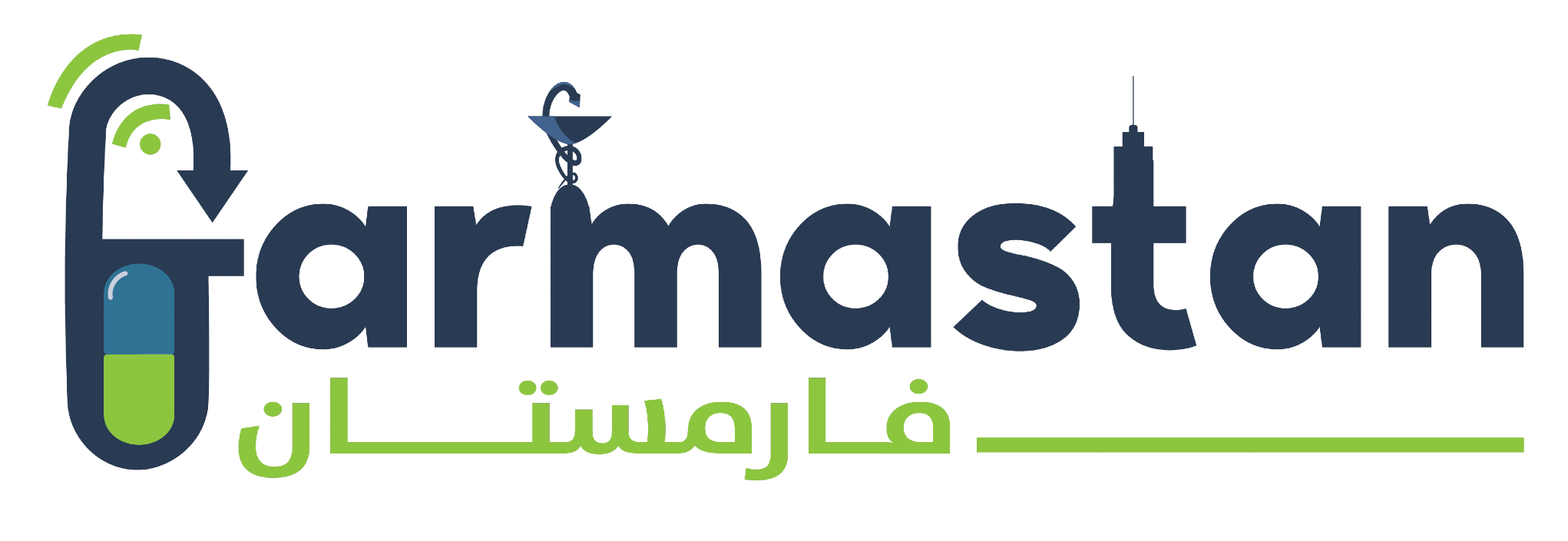Revenue Cycle Management’s Importance in Healthcare
[ad_1]
The Healthcare industry transition from fee-for-service to value-based care reimbursement impacts the traditional RCM (Revenue Cycle Management) in different ways. Every healthcare organization or an individual veteran practitioner needs to be financially balanced or strong to deliver their uninterrupted services. This is a time where best healthcare RCM service comes in.
Revenue Cycle Management in healthcare is the financial process that facilitates the control of complex administrative processes and clinical functions such as patient eligibility, claims processing, reimbursement, denied claims management, and revenue generation.
RCM is the backbone of healthcare organizations that helps them to pay their bills, manage their resources and much more. According to international standards report, in medical billing, more than 25% of claims have been rejected and up to 40% of those claims are never re-submitted i.e. the healthcare organizations suffer from major revenue loss.
On the bright side, with proper RCM process, the healthcare sector can get greatest benefits with minimum bad debt write-offs. To understand the exact phenomenon of healthcare revenue cycle management, first, you have to understand its basics in the medical billing process.
Basics of Healthcare RCM:
- It starts from the appointment of a patient to seek any medical assistance and completes when the health organizations collect their payments.
- At the beginning, the health group administrative staff manage an array of processes like scheduling, insurance eligibility verification and creation of patient’s account.
“From the perspective of Revenue Cycle Management, immaculate submission of patient information at the time of patient scheduling and registration improve the cash flow of the healthcare organization.”
- After the patient’s treatment, the process of claims submission begins. An advanced coder submits the claims with right ICD-10 codes, the codes define the value of reimbursement and an approved code prevent claims denials.
- Then comes the important part of private or government payer for payment. They evaluate the claim values, verify the details i.e. insurance coverage, contracts, etc. and process for reimbursement.
- Most claims are denied due to improper coding, incomplete patient accounts, patient chart errors, etc.
- Then comes the last outcome of revenue cycle management i.e. maximum claims reimbursement. RCM helps the healthcare organizations to get paid maximum claims reimbursement on time with fewer denials.
- After that, the healthcare groups or the individual veterans perform the AR Follow up in which they create Healthcare claims i.e. manually or automatically and sends them to various Insurance companies.
- In the final stage i.e. Payment Posting, the medical billing management software records every patient’s payment with accurate information including patient’s name, account number, denial info, service dates, etc. for future reference.
Importance in Healthcare:
It can help the healthcare organizations to track the exact performance of their financial growth. They can easily determine the claims approval and denial rates via proper RCM process. With immaculate RCM process, the healthcare organizations managed their medical billing process effectively and fixed their claim denial issues quickly.
Here are some key benefits of effective RCM:
- Fewer denied claims
- Improved patient care
- Higher Reimbursements
- Immaculate administrative records i.e. no other penalties or fees
- Faster Turnaround time for claims payments
[ad_2]

يسعدنا زيارتكم صفحاتنا على مواقع التواصل الاجتماعي حيث نقوم بنشر عروض حصرية على موقعنا الالكتروني.
صفحتنا علي الفيسبوك هنا.
حسابنا على تويتر هنا


Leave a Reply
You must be logged in to post a comment.